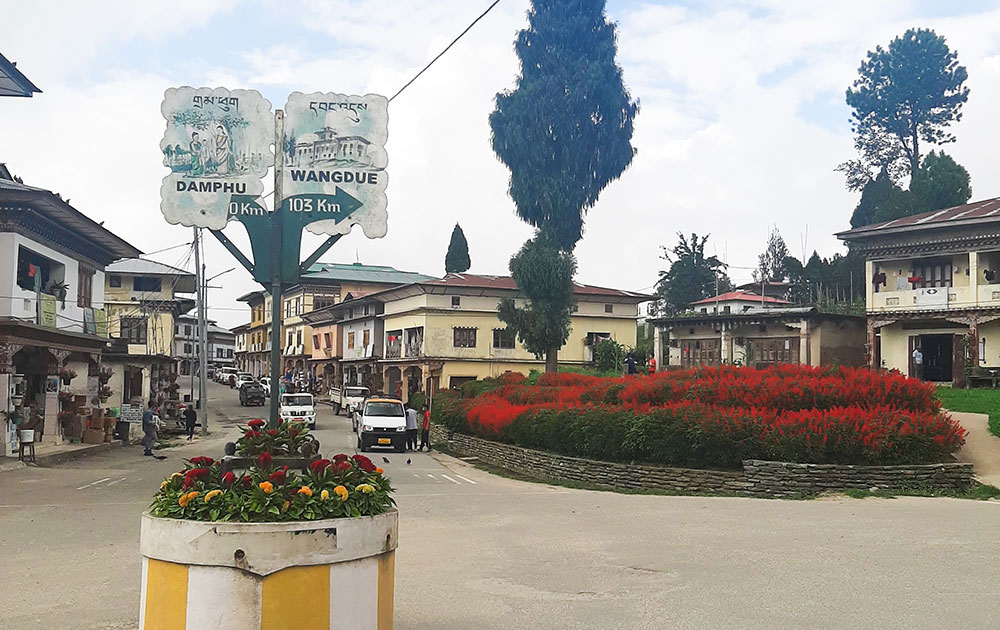Choki Wangmo | Tsirang
Within three days, both Tsirang and Dagana dzongkhags have transitioned to green zones, after less than a month’s lockdown.
Dagana dzongkhag task force announced the transition to green zone on February 15. According to the public notification, the decision was made after continuous situational assessments over a period of three weeks in the dzongkhag, particularly in Drujeygang gewog. Earlier, positive cases were detected from facility quarantine in the gewog.
The dzongkhag reported seven positive cases, five female and two male, with the first case detected in Dagapela. As of February 15, 3,407 people were tested on antigen and RT-PCR, and 838 outbound travellers were facilitated out of the dzongkhag during the lockdown period.
Tsirang Covid-19 task force lifted the lockdown yesterday after the mass screening results from Damphu Throm and Nyemedsa chiwog were negative. The incident commander Chewang Rinzin said that close to 1,000 residents, each person from a household, were tested during the mass screening on February 17.
However, Charingma chiwog in Rangthangling gewog is still in the yellow zone. Most of the primary contacts were detected from the gewog. “Damphu Throm and 59 out of 60 chiwogs in the dzongkhag are hereby declared as green zones,” the public notification stated.
Although most of the activities have resumed, according to the notification, activities such as sports, weekend vegetable market, visit to religious sites, training, conferences, and workshops involving participants or trainers from other dzongkhags, and social or ceremonial gatherings are not allowed until further notice.
Residents are delighted with the news of reopening. Most of them said that the services delivered during the lockdown was efficient, with smart unlocking measures in place by the taskforce.
Phub Zangmo Sherpa from Menchuna said that for the past many days, she did not visit any other places. Due to cold weather conditions, she couldn’t work on the farm as well. She said that with seven family members at home, she ran out of rations quickly. “I placed orders for essential items twice. The service was efficient.”
Dependent on vegetable and dairy products for income, she hopes that the weekend market would open soon.
As shopkeeper Tshering Choden said that during the lockdown, she had difficulties meeting her childrens’ needs, who did not understand the situation.
Mon Bdr Dhal, a milk booth owner, said that he ran into losses due to lockdown. “I had the products ready to be sold in the market with a specific expiry date but couldn’t.”
Another resident said that she felt exceedingly unproductive and it took a toll on her mental health. “My sleeping pattern was messed up but I managed to read and do some household chores.”


